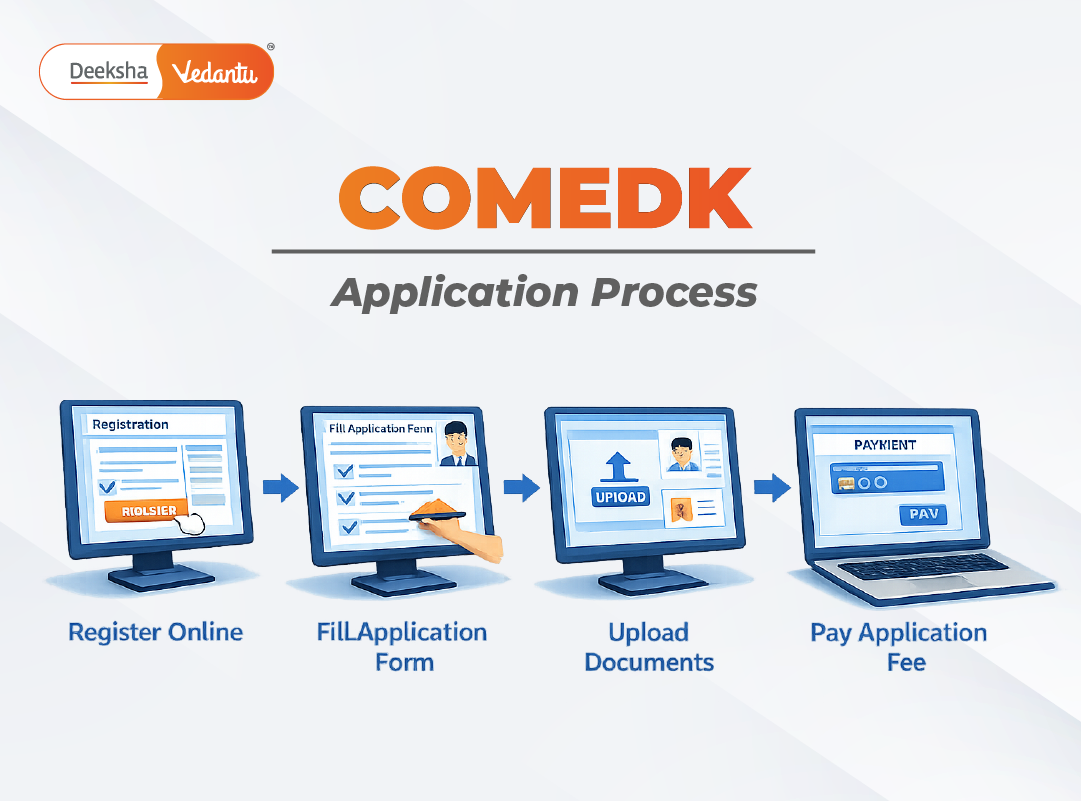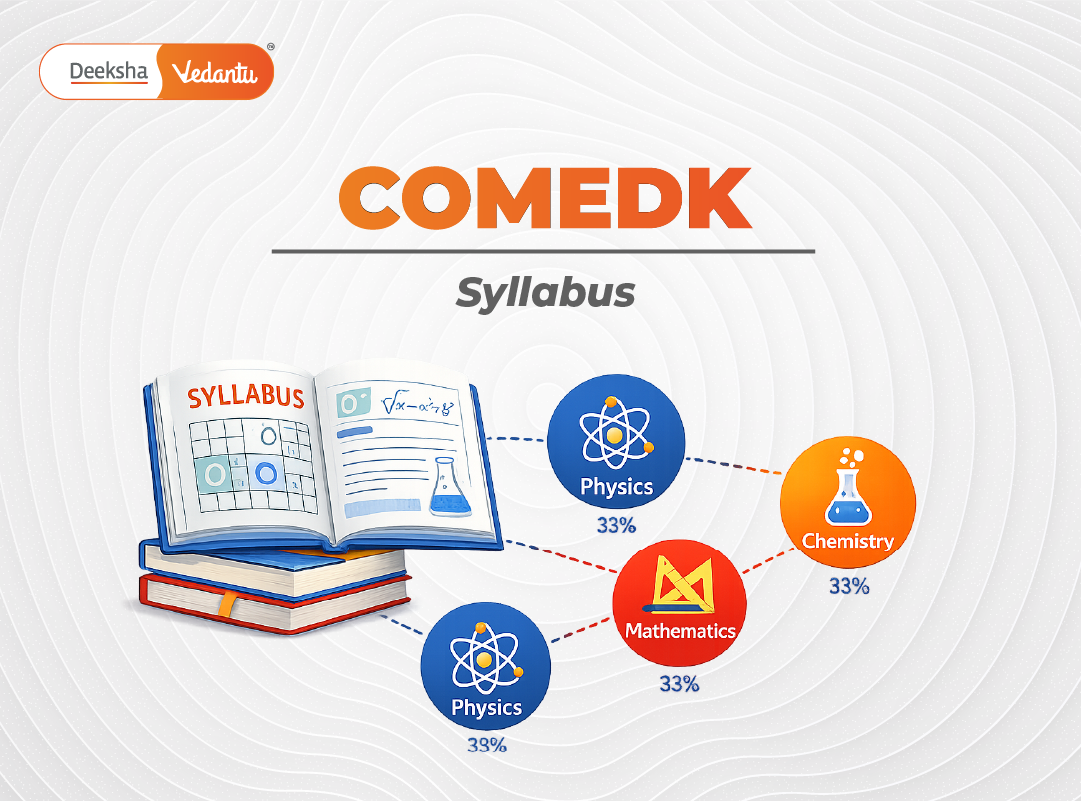Introduction
Time management is one of the biggest differentiators between a good attempt and a great attempt in the exam hall. Even students who have revised thoroughly can lose marks if they fail to pace themselves properly. Anxiety, rushing through questions, and leaving out answers often happen due to lack of planning. When students walk into the exam hall with a clear strategy, they can handle pressure better, allocate time wisely, and attempt all questions with confidence. At Deeksha Vedantu, students are trained early in exam hall strategies through mock tests, time-based assessments, and writing speed enhancement techniques that prepare them not just academically, but strategically for success.
Why Time Management Matters During Exams
1. Helps reduce panic and anxiety
Exam anxiety is often triggered by fear of running out of time. With a clear time plan in place, students feel in control and can focus on answering questions calmly rather than panicking over the clock. Having designated time blocks for each section or question helps keep the mind steady.
2. Ensures all questions are attempted
In most board exams, leaving questions unattempted directly translates to lost marks. Good time management ensures that students can move systematically through the paper, attempt every question, and avoid getting stuck on challenging ones.
3. Improves answer quality
When students pace themselves well, they have enough time to write neat, structured answers, draw diagrams where needed, and underline key points. This makes answers more presentable and increases the likelihood of scoring full marks.
4. Reduces careless mistakes
Rushing often leads to silly errors—missing sub-parts of a question, misreading instructions, or making calculation mistakes. A well-managed timeline allows students to double-check their answers and spot these errors.
Pre-Exam Preparation for Time Management
1. Practice mock tests with a timer
Deeksha Vedantu encourages students to regularly sit for mock tests conducted under real exam conditions. This helps students get used to writing within a time limit and allows them to fine-tune their pacing. It also shows which sections take up more time and need further improvement.
2. Prioritize revision schedules to improve writing speed
During revision, writing practice under a time limit is essential. It’s not just about knowing the answers but about presenting them quickly and clearly. Regular timed writing practice builds muscle memory for writing fast and legibly.
3. Get familiar with the question paper pattern
A clear understanding of marks distribution helps students prioritize their time. If long-answer questions carry more weightage, students should plan to spend more time on those, while quickly finishing shorter questions.
4. Solve previous years’ papers under timed conditions
By solving the last 5–10 years’ question papers within a set time, students understand how long each section takes and where they might need to adjust.
Time Management Strategy in the Exam Hall
Step 1: Read the question paper thoroughly
Spend the first 10 minutes reading the question paper carefully. Mark questions you know well as ‘easy,’ moderately challenging ones as ‘moderate,’ and difficult ones as ‘tough.’ This mental map will guide your sequence of answering.
Step 2: Start with high-confidence questions
Always begin with questions that you’re most confident about. It saves time, builds momentum, and increases accuracy. Finishing these quickly also frees up more time for tougher questions.
Step 3: Move on to moderately difficult questions
Next, tackle questions that may need some thought. Stay conscious of the time. If a question seems to take longer than expected, mark it and return later.
Step 4: Attempt tricky or time-consuming questions last
Tougher questions, or those that require lengthy calculations, should be saved for last. At this point, you’ve already secured marks on easier sections, and you can give your full attention to the remaining problems.
Step 5: Review your answers if time permits
The last 5–10 minutes should be used for review. Check for missing sub-parts, incorrect units in answers, small spelling mistakes, or skipped questions.
Writing Techniques to Save Time
1. Use bullet points and subheadings for long answers
Instead of lengthy paragraphs, breaking answers into bullets or subheadings makes them easier to write and read. It also ensures you cover all points systematically.
2. Draw diagrams where applicable
A well-labeled diagram can often save words and score better. For subjects like Science, diagrams make explanations clearer and concise.
3. Underline key points
Underlining key phrases or final answers draws the evaluator’s attention and saves them time, indirectly improving your chances of getting full marks.
4. Avoid unnecessary repetition
Stick to what’s asked. Repeating explanations wastes precious time and may dilute the quality of your answer.
How Deeksha Vedantu Trains Students in Exam Time Management
1. Mock test simulations with strict time limits
Deeksha Vedantu’s mock tests mimic actual exam scenarios with set time constraints. Students are taught to plan their paper structure and stick to time blocks.
2. Faculty guidance on writing speed and answer structuring
Teachers at Deeksha Vedantu regularly review student writing samples and offer personalized advice on how to write faster, where to save time, and how to structure answers for maximum clarity.
3. Techniques to handle time-related anxiety
Students are taught simple breathing and focus exercises to handle stress in the exam hall. Mentors provide guidance on regaining focus when panic sets in.
4. Time allocation workshops
Special sessions help students plan time based on question weightage and complexity. They also learn to adjust their approach based on real-time exam progress.
FAQs
1. How do I avoid spending too much time on one question?
Set a time cap for each question and stick to it. If the cap is exceeded, move on and return if you have time left at the end.
2. Is it okay to leave difficult questions for the end?
Yes, focusing first on easy and moderate questions ensures you secure marks early and reduces anxiety.
3. How much time should I allocate for revision?
At least 5–10 minutes should be reserved for final review and corrections.
4. What if I panic halfway through the exam?
Pause for a few seconds, breathe deeply, and shift to a question you feel confident about to rebuild focus.
5. How does Deeksha Vedantu help improve writing speed for exams?
Through targeted drills, timed writing practices, and feedback that focuses on both speed and clarity.
Conclusion
Time management inside the exam hall is just as important as preparation. A systematic plan, combined with writing techniques and practice, helps students stay calm and composed and attempt all questions without rushing. Deeksha Vedantu’s structured programs, mock tests, and expert guidance help students build this crucial skill, ensuring they’re fully prepared to manage their time smartly and excel in their board exams.










Get Social